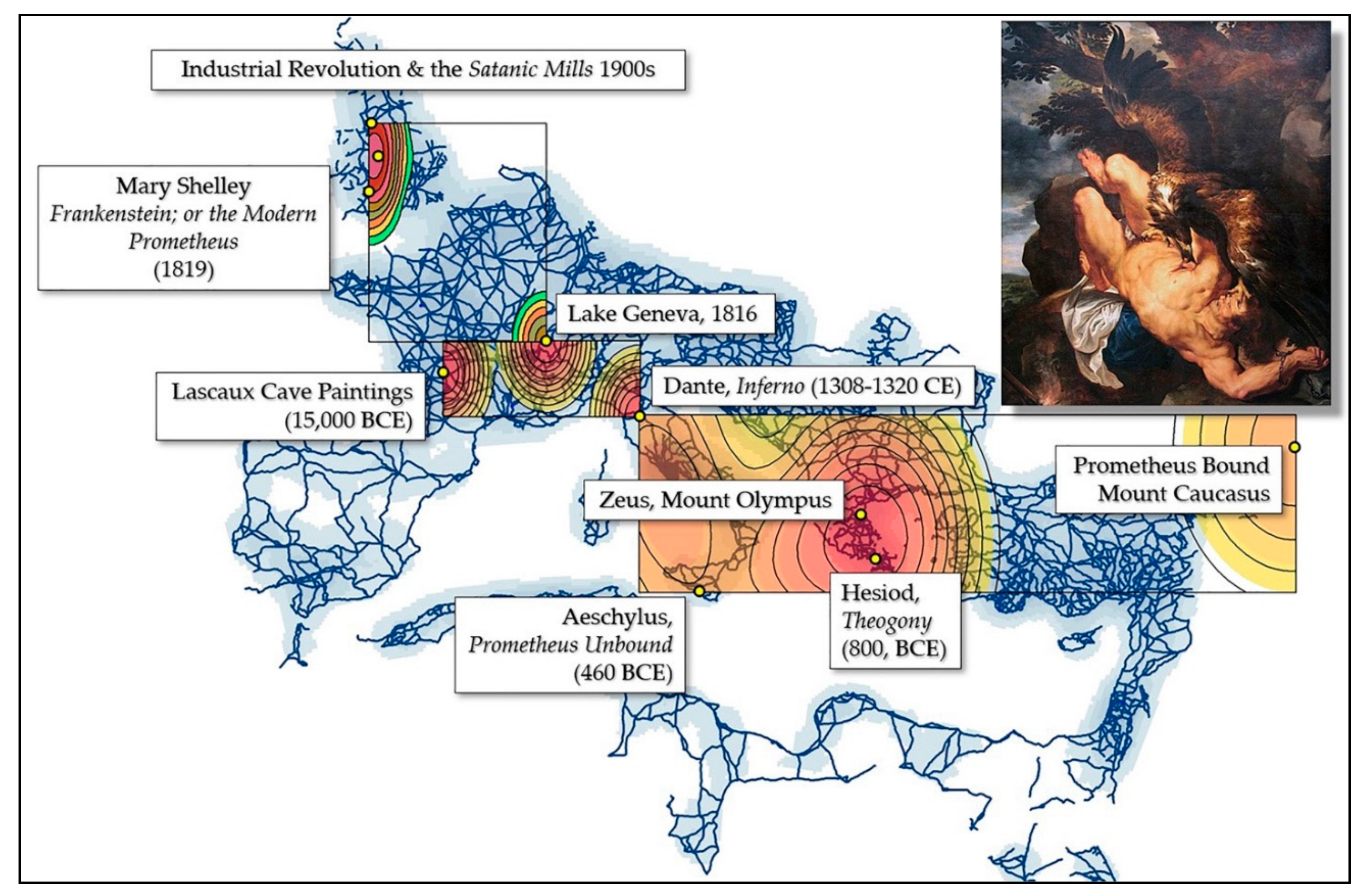Pioneering Americans Marooned by Geography
Throughout the history of the United States, there have been many pioneering Americans who have been marooned by geography. These individuals were often isolated by their location, either because they lived in remote areas or because they were cut off from the rest of society by natural barriers such as mountains, deserts, or rivers. Despite these challenges, these pioneering Americans were able to thrive and make significant contributions to their communities and the nation as a whole.
One group of pioneering Americans who were marooned by geography were the early settlers of the American West. These individuals braved the harsh, unforgiving landscape of the Great Plains and Rocky Mountains in order to claim land and build new lives for themselves. Many of these pioneers were driven by a desire to own land and start their own farms or ranches, but they also faced numerous challenges such as drought, harsh winters, and attacks by Native Americans. Despite these obstacles, many of these pioneers were able to carve out a place for themselves in the West and help to build the foundations of the modern American West.
Another group of pioneering Americans who were marooned by geography were the settlers of Alaska. This vast and largely uninhabited territory was only recently acquired by the United States in the late 19th century, and it presented a number of challenges to those who sought to make a living there. The harsh climate, rugged terrain, and lack of infrastructure made it difficult for people to establish communities and make a living. Nevertheless, many pioneering Americans were drawn to the promise of land, natural resources, and the opportunity to build a new life in this remote and largely unexplored region. They were able to overcome these challenges and contribute to the development of Alaska as a state and a vital part of the United States.
Finally, there were also many pioneering Americans who were marooned by geography within their own communities. These individuals often lived in isolated rural areas or in small towns that were cut off from the rest of the country by natural barriers. Despite this isolation, these pioneering Americans were able to make significant contributions to their communities and to the nation as a whole. They may have been farmers, ranchers, or small business owners who helped to build the economic and social fabric of their communities. They may also have been civic leaders or activists who worked to improve the lives of their neighbors and to address the challenges faced by their communities.
In conclusion, there have been many pioneering Americans throughout history who were marooned by geography. Despite the challenges they faced, these individuals were able to thrive and make significant contributions to their communities and to the nation as a whole. They serve as an inspiration to us all and remind us of the resilience and determination of the human spirit.





